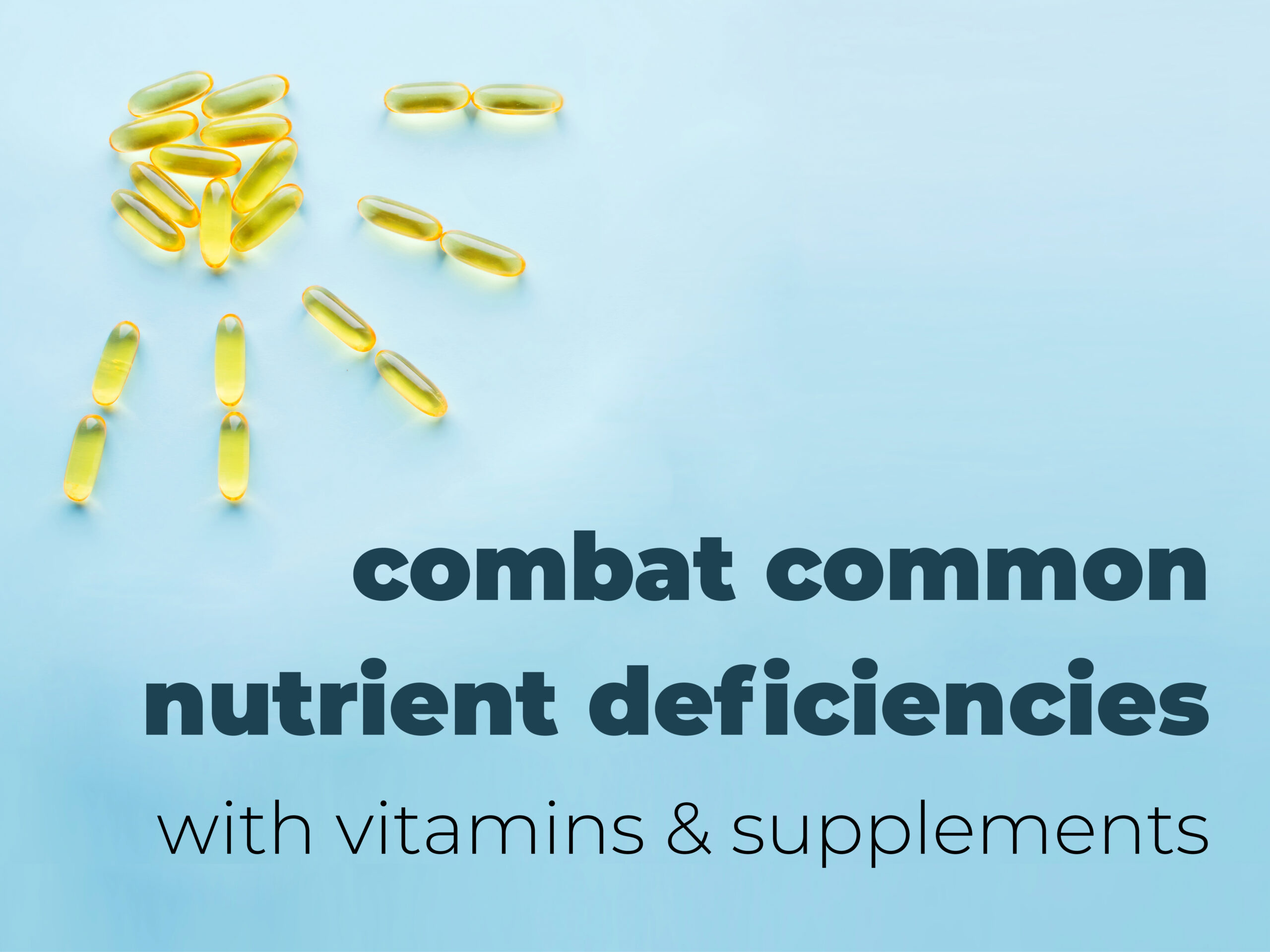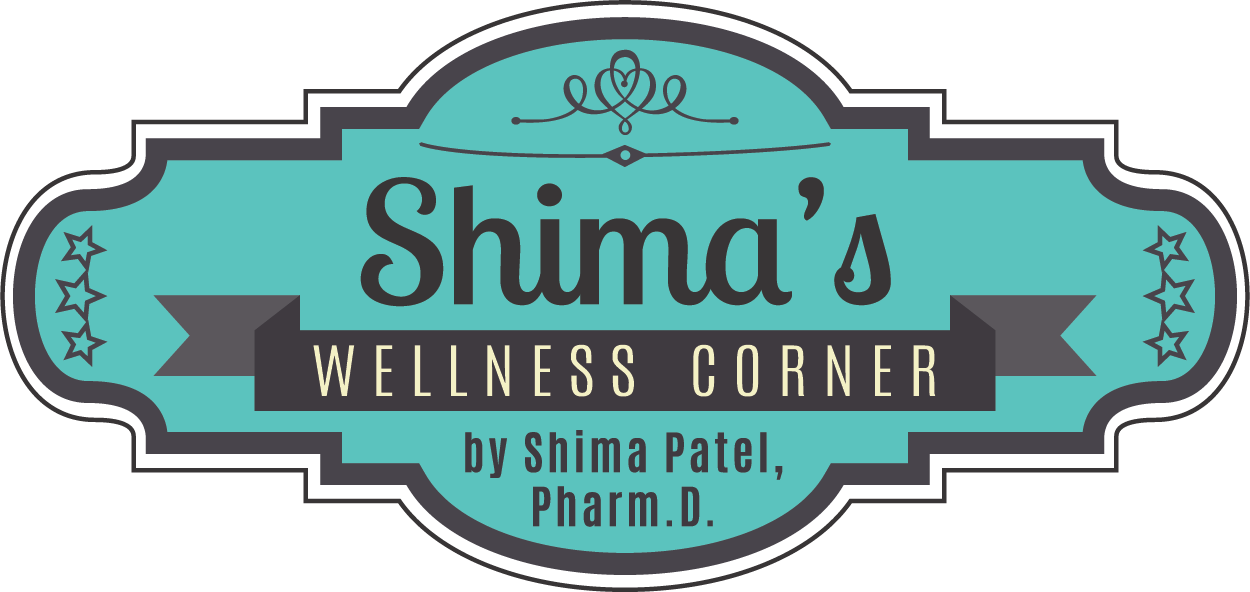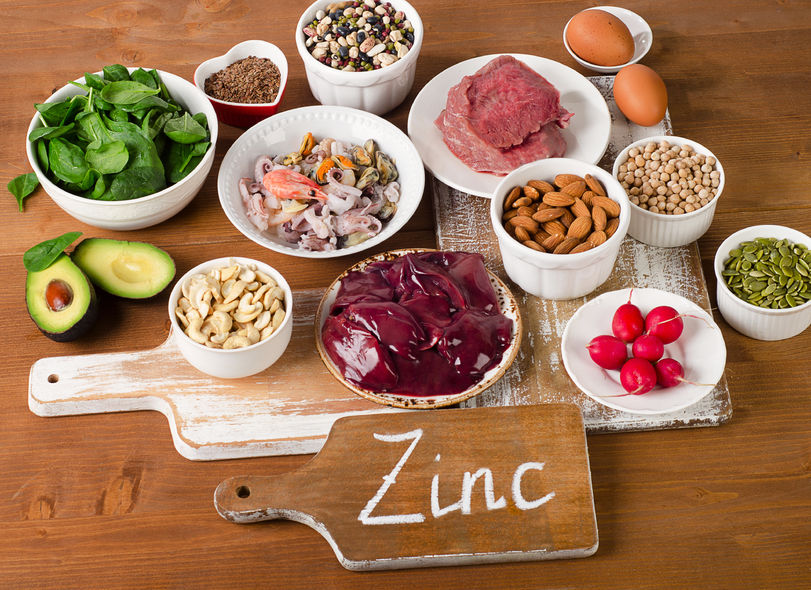For most, having a healthy lifestyle is a top priority. Eating a balanced diet and exercising regularly are often the first things people think of when looking to make positive lifestyle changes. However, many people who are active and eat well can still have nutrient deficiencies without realizing it.
Drug-Induced Nutrient Depletion
While we take prescription medications to improve health, many medications (prescription and over-the-counter) can also deplete the body of essential vitamins, minerals, and enzymes the body needs to function optimally. This depletion in nutrients is more specifically a result of drug-nutrient interactions that influence food intake, nutrient digestion, absorption, distribution, metabolism, and much more.¹ Some medications interfere with the absorption of nutrients, others lead to increased excretion of nutrients, and some block the body’s production of certain nutrients. The list goes on. Eventually, these nutritional deficiencies can become significant and cause severe side effects, especially when the medications are taken for long periods as nutrient deficiencies tend to develop gradually over time.²
How to Avoid Drug-Induced Nutrient Depletion
With America’s increasing reliance on prescription medications (50% of adults regularly take one prescription medication and 20% take three or more), avoiding nutrient depletion can be difficult, but it’s possible.¹ The best way to avoid drug induced nutrient depletion is to talk with your pharmacist. Be honest about what side effects you are experiencing and ask them to review which nutrients might be depleted by your regimen. Consult with your doctor or pharmacist about what supplements may be right for you, or if your regimen can be modified to reduce your risk.

Common Nutrient Deficiencies and How to Avoid Them
To make up for nutrient deficiencies, there are many over-the-counter vitamin and supplements options — so many that it can be hard to figure out which ones could benefit you. Choosing the vitamins and supplements that are right for your body and lifestyle can be overwhelming, but educating yourself on the nutrient effects from your current medication regimen and learning about the most common nutrient supplement options and their properties can help to alleviate this stress.
1. Iron
Iron is crucial for growth and development, increased energy, better brain function, and healthy red blood cells.³ If you typically incorporate red meats in your diet, you should get enough iron. However, the amount of iron you need may increase during times of rapid growth and development, like puberty and pregnancy.³ Vegetarians and vegans may also need more iron if they are not incorporating plant-based iron-rich foods like white beans, lentils, spinach, kidney beans, and nuts.⁴
2. Vitamin D
Vitamin D helps the body absorb calcium, which is vital for our bone health. But don’t we get Vitamin D from the sun? Yes, we do, however, more than 40 percent of Americans don’t spend enough time in the sun each day to achieve this. Vitamin D intake is also diminished by wearing sunscreen, taking anticonvulsants, and it is not commonly found in food.³ Consult your doctor or pharmacist today about whether you should add a Vitamin D supplement to your daily regimen.
3. Vitamin B12
A B-complex vitamin is made up of eight different B vitamins, most notably vitamin B-12. Vitamin B-12 creates and sustains your energy supply by breaking down foods and identifying the micronutrients your body needs. Vegans and vegetarians are most susceptible to vitamin B-12 deficiency because many B vitamins are found in animal products.³
Vitamin B-12 deficiency is prevalent in those that have metabolic abnormalities like type 1 and type 2 diabetes patients. Additionally, B-12 deficiency is also associated with gestational diabetes.⁴ If you are at risk, consult with your doctor of pharmacist about incorporating a B-12 supplement and/or modifying your diet to include more B-12 rich foods.
4. Calcium
Calcium is a mineral necessary for fortifying bones and teeth. As individuals age, their bone density decreases, making supplement with calcium crucial for bone health. However, more than 40 percent of the U.S. population does not consume enough calcium in their diet.³ If your diet is not rich in dairy, broccoli, nuts, and beans, it is recommended to incorporate a calcium supplement in your daily regimen. Note: For patients that take corticosteroids long-term for conditions like rheumatoid arthritis, calcium supplementation is crucial and highly recommended.⁴
5. CoQ10
Co-enzyme Q10 (CoQ10) is an antioxidant and heart support nutrient that your body uses to promote cell growth and maintenance. It is found in meat, fish, and nuts, but not in enough quantity to significantly increase CoQ10 levels in your body. Studies have shown that supplementing with CoQ10 may be beneficial in restoring optimal levels of energy, reducing oxidative damage, and improving heart function. Most people have enough CoQ10 naturally, but it is often depleted in those who take medication to support healthy cholesterol level.⁵ If you are taking prescription cholesterol medication, talk to your pharmacist about nutrient depletion and the benefits of adding a CoQ10 supplement to your daily routine.
6. Magnesium
Magnesium is essential for bone health and energy production as it regulates the nervous system, eases sleep problems, balances blood sugar, and makes proteins in the body. Magnesium is in many foods, but these foods may not be part of your regular diet. To get more magnesium into your system without a supplement, try eating more: ³
- Artichokes
- Beans
- Brown rice
- Nuts
- Pumpkin
- Soybeans
- Spinach
- Tofu
Magnesium deficiency has been associated with increased cardiovascular risk, such as hypertension, stroke, and heart attack.⁴ If you are not getting magnesium in your regular diet, consider consulting with your doctor and/or pharmacist about taking a magnesium supplement.
7. Zinc
Zinc is a major player in supporting the immune system. The average American diet is not rich in zinc, so adding a zinc supplement can compensate for this and help boost your body’s ability to fight off infections and heal wounds.⁴ In addition to adding a Zinc supplement to your regimen, you can also incorporate more zinc rich foods in your diet:
- Spinach
- Brown rice
- Grass-fed beef
- Pumpkin Seeds
Patients should never begin taking a supplement to address nutrient depletion before talking with their pharmacist or physician. Some supplements may reduce the effectiveness of certain medications and may not be recommended based on the medications a patient is taking. With the help of your local community pharmacy team, you can break the cycle of nutrient depletion and get the most benefit out of your medication regimen.
Sources
- https://nutritionreview.org/2016/12/practical-guide-avoiding-drug-induced-nutrient-depletion/
- https://www.naturalawakeningsnj.com/2013/06/28/226398/drug-induced-nutrient-depletion-beware-of-medications-that-rob-your-body-of-vital-nutrients-
- https://www.healthline.com/health/food-nutrition/best-vitamins-to-take-daily
- https://www.uspharmacist.com/article/druginduced-nutrient-depletions-what-pharmacists-need-to-know
https://www.webmd.com/diet/supplement-guide-coenzymeq10-coq10#1

 Eat a healthy diet. Include plant-based foods such as fruits, vegetables, nuts, seeds, legumes, herbs, and spices. Include healthy fats such as omega-3 fatty acid, olive oil, and salmon. Eat fermented foods or take a probiotic, for example, yogurt, sauerkraut, kombucha, kimchi, kiefer, and natto. The fiber in plant food feeds your gut microbes and the probiotics.
Eat a healthy diet. Include plant-based foods such as fruits, vegetables, nuts, seeds, legumes, herbs, and spices. Include healthy fats such as omega-3 fatty acid, olive oil, and salmon. Eat fermented foods or take a probiotic, for example, yogurt, sauerkraut, kombucha, kimchi, kiefer, and natto. The fiber in plant food feeds your gut microbes and the probiotics.  About Shima:
About Shima:
